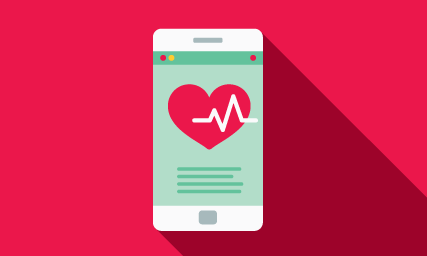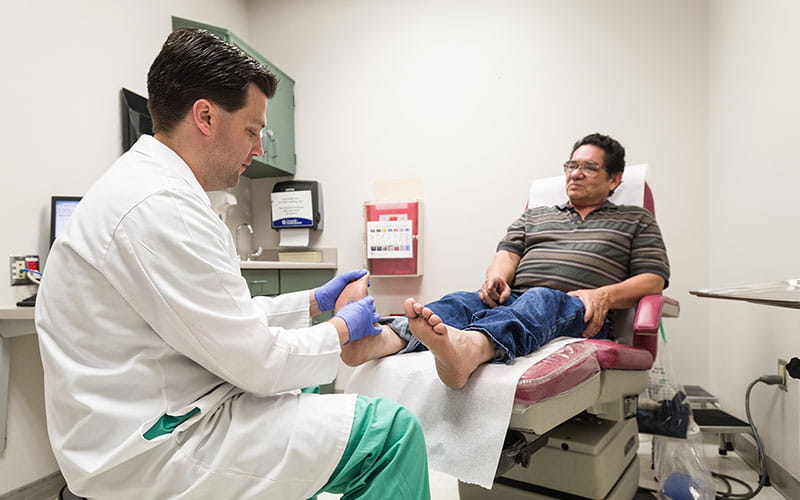Women’s Health Week runs from May 8-14 this year. The U.S. Department of Health and Human Services’ Office on Women’s Health encourages women and girls to take steps to improve their overall health.
According to the Centers for Disease Control and Prevention, the leading causes of death in American women are:
COVID-19 Effect on Women’s Health Care Access
The COVID-19 pandemic has had a clear negative impact on public health. It poses a risk of disease, but also put up roadblocks to getting routine health care. According to preventcancer.org:
- Only 50% of women visited their doctor’s offices when the local pandemic restrictions were lifted
- 26% did not schedule a cervical cancer screening during the pandemic
- 28% did not schedule a breast cancer screening during the pandemic
- Nearly 25% of women ages 40-60 say it’s been more than 36 months since their last appointment with their OB/GYN or primary care provider
The Kaiser Family Foundation conducted a poll and found that since the start of the pandemic:
- 38% of women skipped preventive health services, such as a yearly check-up or routine tests
- 23% skipped a recommended medical test or treatment
- 30% couldn’t get an appointment because of COVID-19
Recommended Women’s Health Screenings
Getting regular screenings as recommended by your primary care provider are important to catch disease early. When should you be getting screenings?
Mammograms
- 40-44-year-old women have optional breast cancer screening annually
- 45-54-year-old women should be screened annually
- 55+ year old women should be screened once every 2 years or once a year
Pap testing
- 21-29-year-old women should have a Pap test every 3 years
- 25-29-year-olds can have the HPV test, but Pap tests are preferred
- 30-65-year-old women have three options for testing
- Pap test and HPV test (co-testing) every 5 years, OR
- Pap test alone every 3 years
- HPV test alone every 5 years
Blood pressure
- Adults over 40 years and high-risk people should be screened annually
- Adults 18-39 with normal blood pressure and low risk should be screened every 3-5 years
Cholesterol
- Women who are 20+ years old who are at low risk for heart disease should screen every 5 years
- High-risk individuals should screen more frequently
Tips for Healthy Living
Some health conditions can be prevented or their risk reduced by making lifestyle changes. Ways women can improve their health include:
- Incorporate exercise and activity into your lifestyle
- Eat a healthy diet
- Get routine bloodwork
- Remain up to date on your vaccinations
- Get your yearly eye and dental exam
- Quit smoking and limit your alcohol consumption
- Perform self-exams to check for breast lumps or suspicious moles
- Improve your self-care and mental health
- Try to reduce your stress
- Create good sleep habits
Women’s Health at University Health
The women’s health care providers at University Health are ready to care for you and support you in every stage of your life. We provide care related to gynecology, breast health, and pregnancy and childbirth.

Heart disease is the leading cause of death for both men and women.
Our free online risk assessment only takes a few minutes. It will help you better understand your risk of developing heart disease and how you may be able to lower it.



